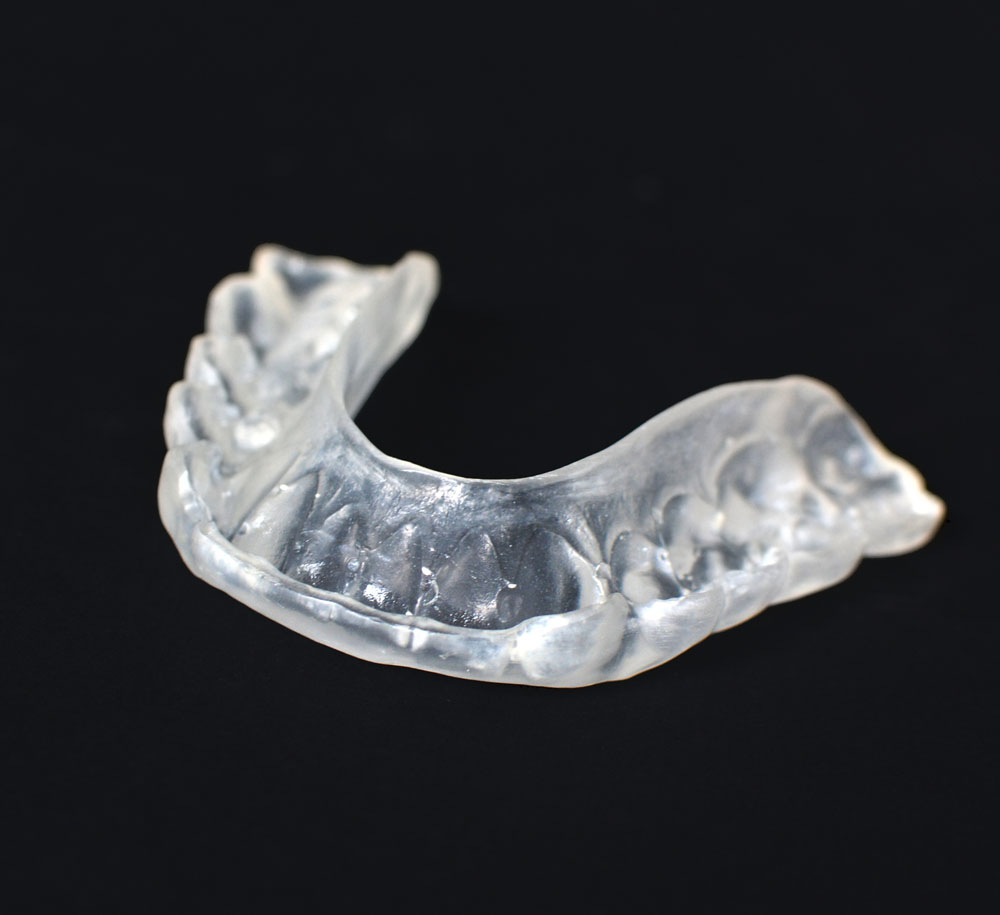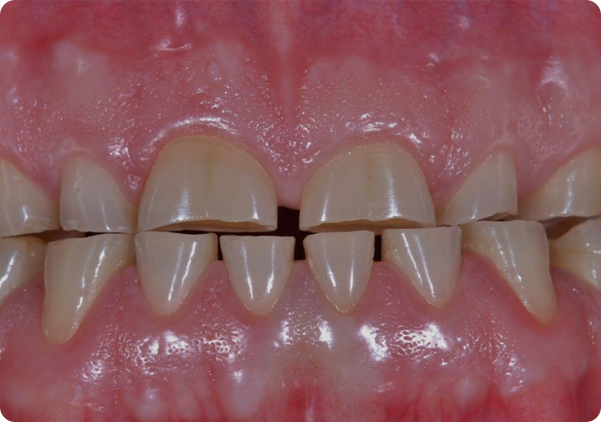Contact Us
36 Middle St, Cleveland, 4163, Australia
Teeth grinding – also known as bruxism – is uncontrolled clenching, grinding and gnashing of the teeth, which usually happens during sleep, but some people can experience it when they are awake. Most times they don’t realise they are doing it.
It is a very common condition and usually associated with episodes of stress.
Michael, your GHW dentist in Cleveland, Brisbane, says people who don’t know they are grinding their teeth should look out for these symptoms:


Your local GHW dentist in Cleveland, Brisbane, can examine your teeth if you suspect you’re grinding. They will talk you through a range of options to repair teeth and lessen the damage caused by grinding.
36 Middle St, Cleveland, 4163, Australia
© 2023 GWH Dental - Member of the